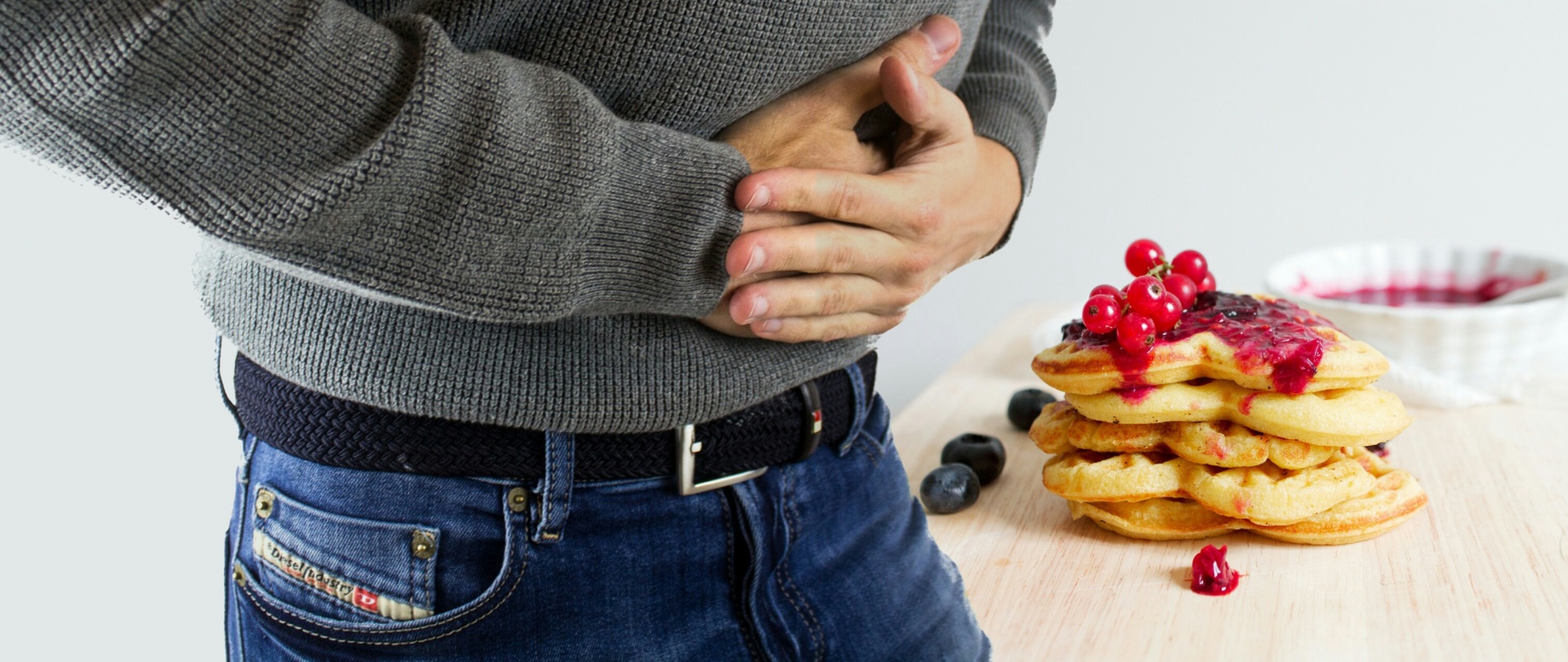What is Irritable Bowel Syndrome (PDS) Irritable bowel syndrome(PDS) used to be called spastic bowel, spastic colon or spastic colon. In English, it is called Irritable Bowel Syndrome(IBS). PDS falls under the so-called functional abdominal complaints and is the most common chronic bowel disorder. At least 10% of the Dutch population has PDS, but worldwide research indicates that up to 20% of the population could have PDS symptoms. As many as 75% of these are women. PDS also occurs in children. Symptoms Irritable bowel syndrome

PDS symptoms vary from person to person. Even in one person, symptoms can vary from day to day. Periods with and without symptoms may also alternate. The most characteristic symptom of Irritable Bowel Syndrome is nagging, cramping or stabbing pain in the abdomen. This can be very severe. Some PDS patients have abdominal pain especially in the evening and at night, which may or may not be accompanied by urges. The abdominal pain sometimes subsides after bowel movements or passing wind. PDS is accompanied by an abnormal stool pattern. Some of the PDS patients suffer particularly from constipation; others suffer mainly from diarrhea. A stool pattern in which constipation and diarrhea alternate is also common. The stool pattern may change throughout the day. Sudden uncontrollable urges are common. In addition, PDS patients often have other gastrointestinal symptoms. Common are gas, flatulence, bloating, a swollen abdomen, heartburn, swallowing problems, a lump in the throat. In addition, fatigue is also a PDS symptom. PDS patients often have very different symptoms, which do not fall under PDS symptoms. Examples include muscle pain, back pain, headaches, problems with urination, irregular menstruation and pain during or after sexual intercourse. Not all PDS patients suffer from these. Treatment Irritable Bowel Syndrome The BeterKliniek has a good treatment for PDS. Our treatment starts with finding the cause. We have strong evidence that the causes can be found in stress, trauma and the inability to break down exorphins, or natural morphins, in the diet. In some cases, certain plant substances such as lectins, for example, may also be the problem. The aforementioned causes result in a so-called leaky gut resulting in an autoimmune reaction, low-grade inflammation and an increase in histamine. Also, the endorphin system becomes less sensitive which can also result in autoimmune diseases and psychological problems. The BetterKlinic has extensive experience treating endorphin issues, leaky gut and autoimmune reactions. Do not experiment yourself but consult a physician or expert therapist. Hypnosis therapy can reduce symptoms in PDS and help you cope better with the condition. You can consult an experienced hypnosis therapist through the Better Clinic.

